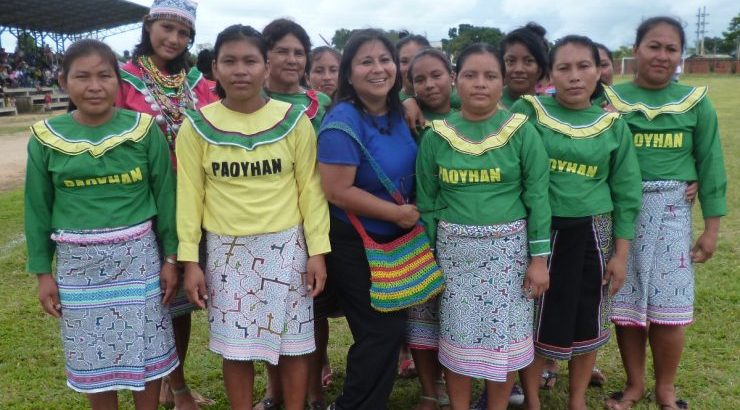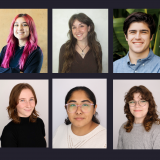
Chapman Linguist Protects Languages and Lives in Peru During COVID-19
October 19, 2020
Pilar Valenzuela’s field work in Peru is usually about documenting indigenous languages among people she has worked with since her graduate school days. But now, in the era of COVID-19, she’s working just as hard to save their lives.
“How can you do this sophisticated research when people are dying?” Valenzuela says.
Through the documentation of indigenous languages, the Chapman University world languages and cultures professor has long worked to help scholars better understand Peruvian tribes’ ancestral identities, tap into valuable knowledge imbued in their words for important plants and animals, and help the world learn something about a slice of humanity that is often overlooked.
While the linguist continues as she can with the language documentation afforded by a National Science Foundation grant, she has turned additional energy into fundraising and advocacy on behalf of the indigenous people, or Amerindians.
This summer, Peru became the world’s leading hot spot for COVID-19 infections and experienced the highest death rates from the disease in Latin America. Such a fatality rate threatens the stability of these already small communities, Valenzuela says.
“I’m very concerned because right now these communities are losing many elders,” she says.

